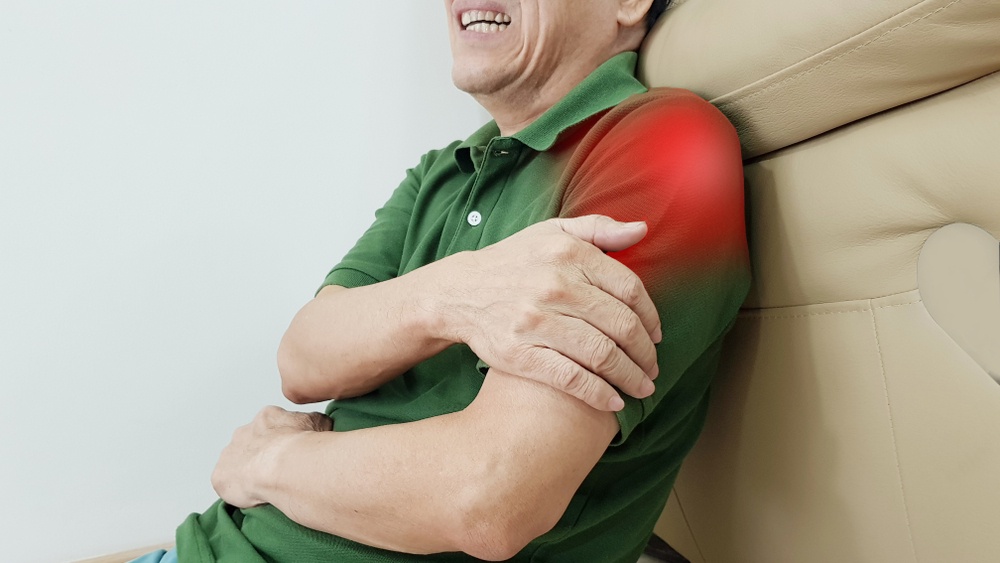Understanding the Rotator Cuff
The rotator cuff is a group of four muscles and their tendons that form a cuff or sleeve around the shoulder joint. These muscles play a crucial role in stabilizing and providing movement to the shoulder. It has four important muscles named as supraspinatus, infraspinatus, teres minor, and subscapularis. These muscles work together to help stabilize the shoulder joint and allow for various movements such as lifting, rotating, and raising the arm. Injury to the rotator cuff, such as tears or strains, is a common source of shoulder pain and can result from overuse, trauma, or degeneration over time.
Symptoms of Rotator Cuff Injuries
Below listed the common symptoms of a rotator cuff injury include:
Pain: Pain in the shoulder or upper arm is a primary symptom. The pain may be sharp or dull and may worsen with certain movements, especially when lifting or reaching overhead.
Weakness: Weakened shoulder muscles may result in difficulty lifting or moving the arm, especially when performing tasks that require arm strength.
Limited range of motion: A reduced ability to move the shoulder through its full range of motion can occur. This limitation may be particularly noticeable when trying to lift the arm or reach behind the back.
Difficulty sleeping: Pain and discomfort, especially when lying on the affected shoulder, can interfere with sleep.
Crepitus: Some people may experience a crackling or popping sensation (crepitus) when moving the shoulder, which can be a sign of a rotator cuff problem.
Shoulder stiffness: Stiffness in the shoulder joint may be present, making it challenging to perform certain movements without discomfort.
Diagnosis and Treatment Options
Diagnosing a rotator cuff injury typically involves a physical examination, imaging tests such as MRI or ultrasound, and possibly an arthroscopic surgery. Treatment options include rest, physical therapy, medications, and in severe cases, surgery.
Understanding Rotator Cuff Surgery
Rotator cuff surgery is often recommended for cases where conservative treatments have been ineffective. The surgery aims to repair the torn tendon and restore function to the shoulder joint.
Recovery Process
Recovery from rotator cuff injury treatment in Coimbatore can be a lengthy process, involving physical therapy and rehabilitation to regain strength and range of motion in the shoulder. It's important to follow your doctor's recommendations closely to ensure a successful recovery.
Risks and Complications
As with any surgery, there are risks and potential complications associated with rotator cuff surgery. These may include infection, nerve damage, or failure of the repair. It's crucial to discuss these risks with your healthcare provider before undergoing surgery.
Conclusion
In conclusion, rotator cuff repair in Coimbatore can be a valuable treatment option for individuals suffering from chronic shoulder pain and limited mobility. By understanding the procedure, recovery process, and potential risks involved, you can make an informed decision about your healthcare options. Remember to consult with a healthcare professional for personalized advice and recommendations tailored to your specific needs.


No comments yet